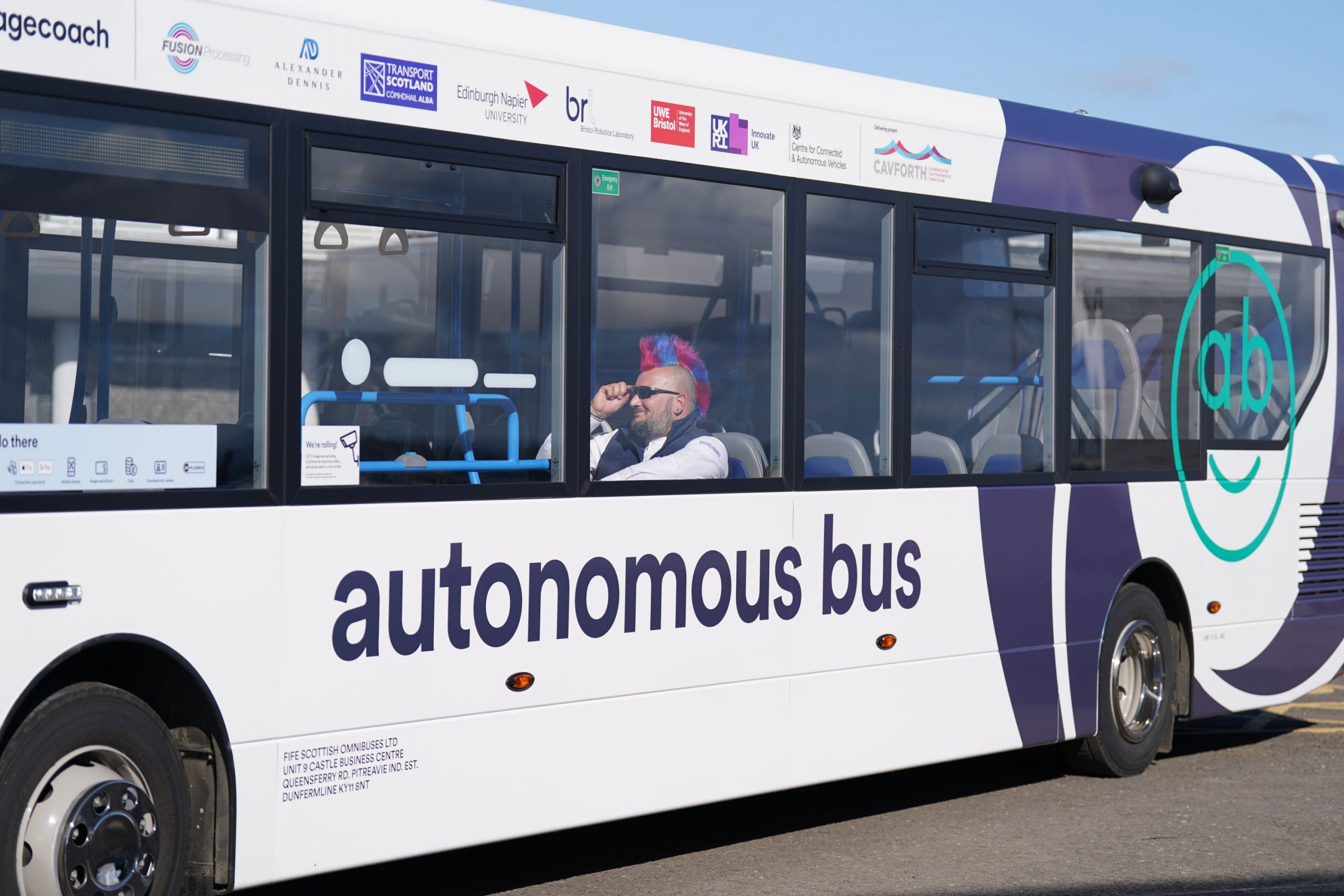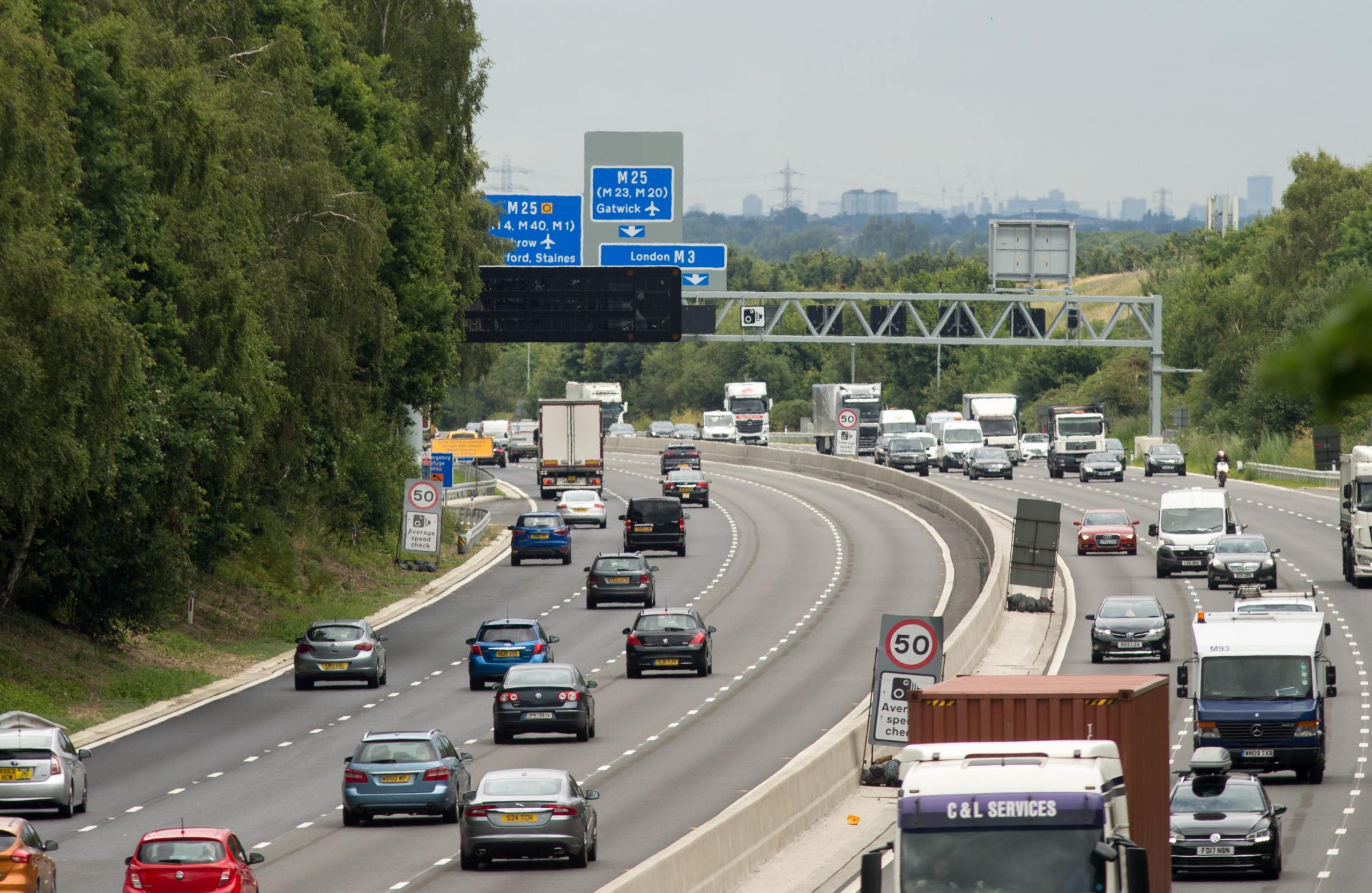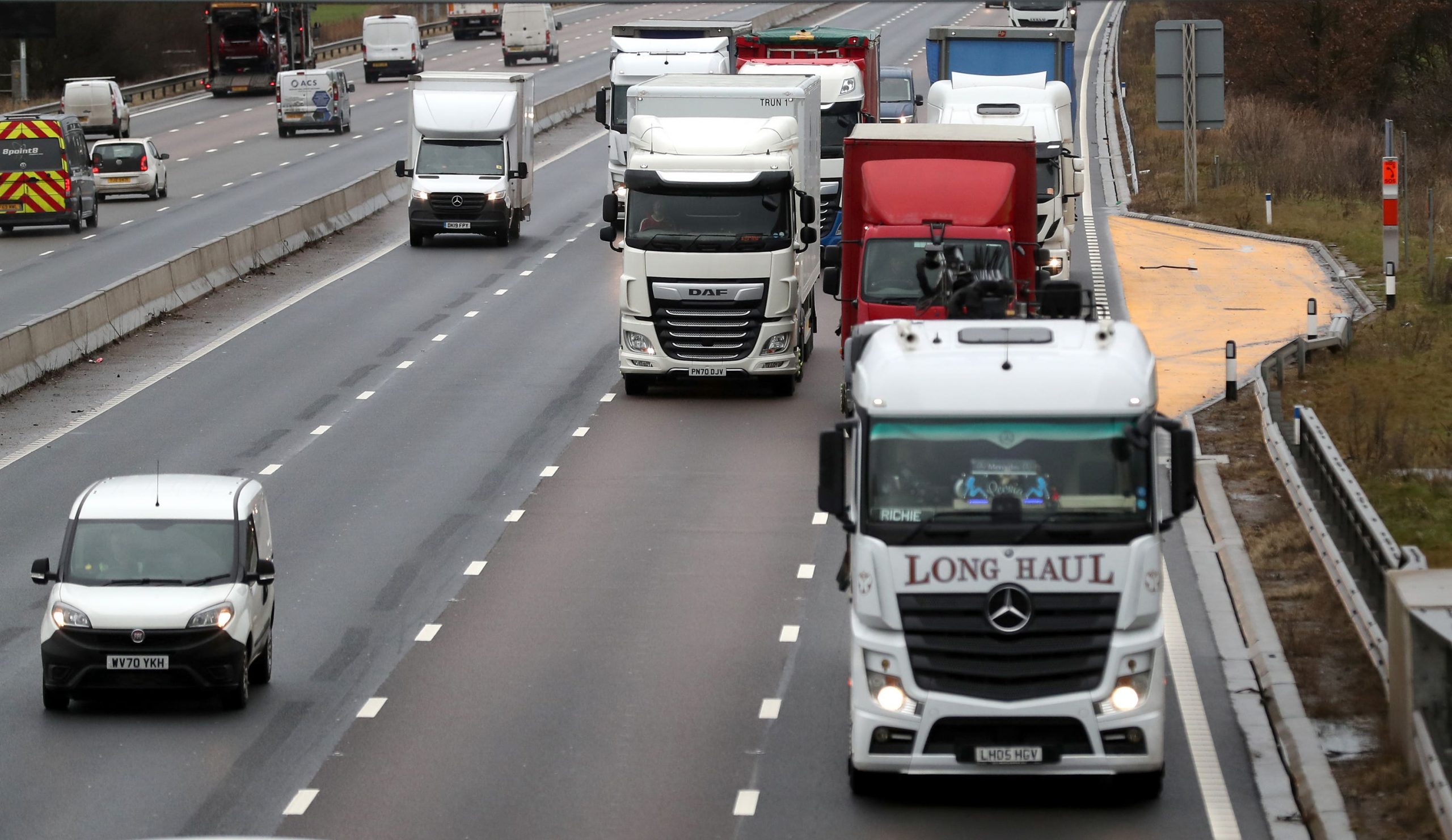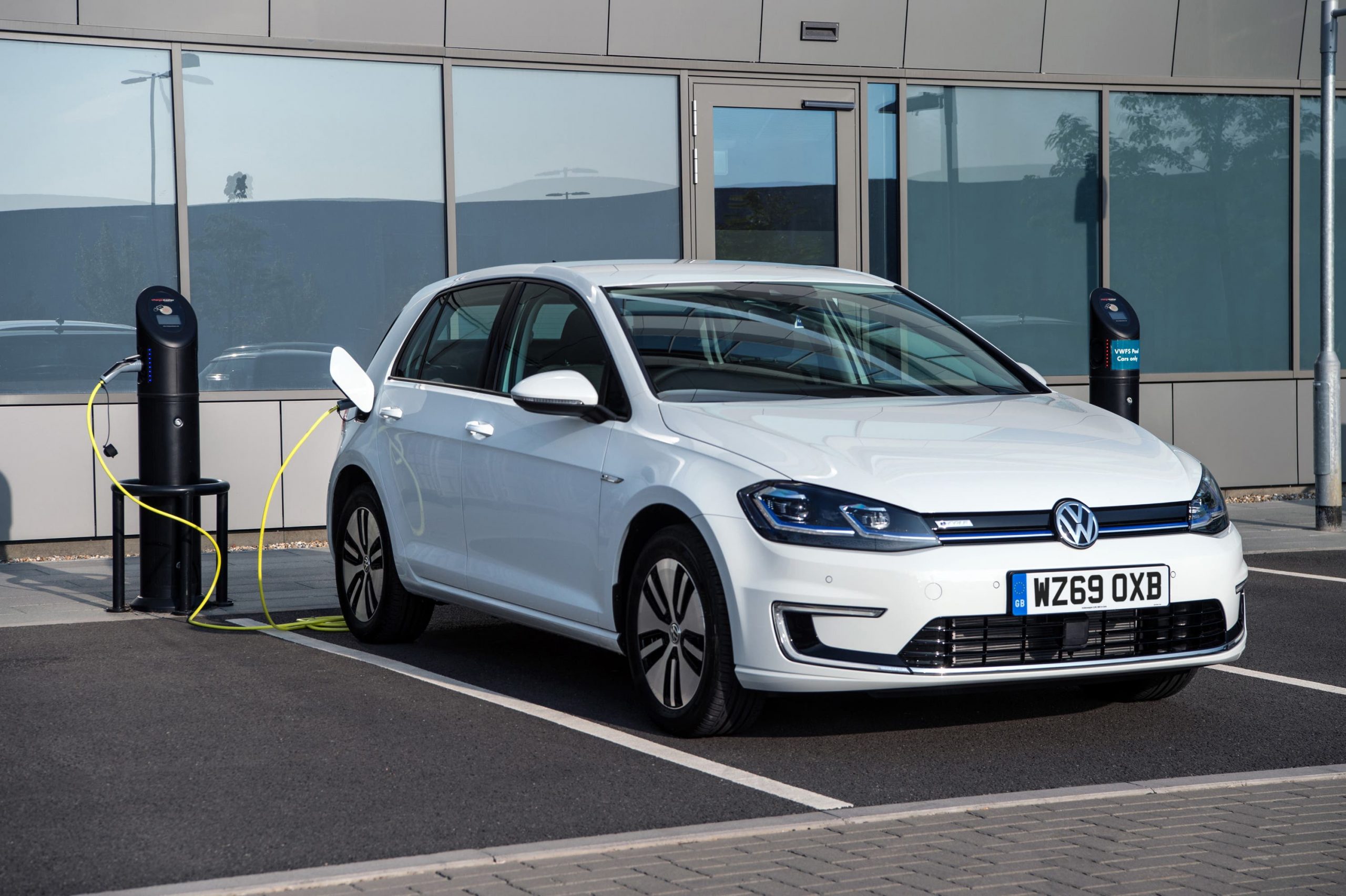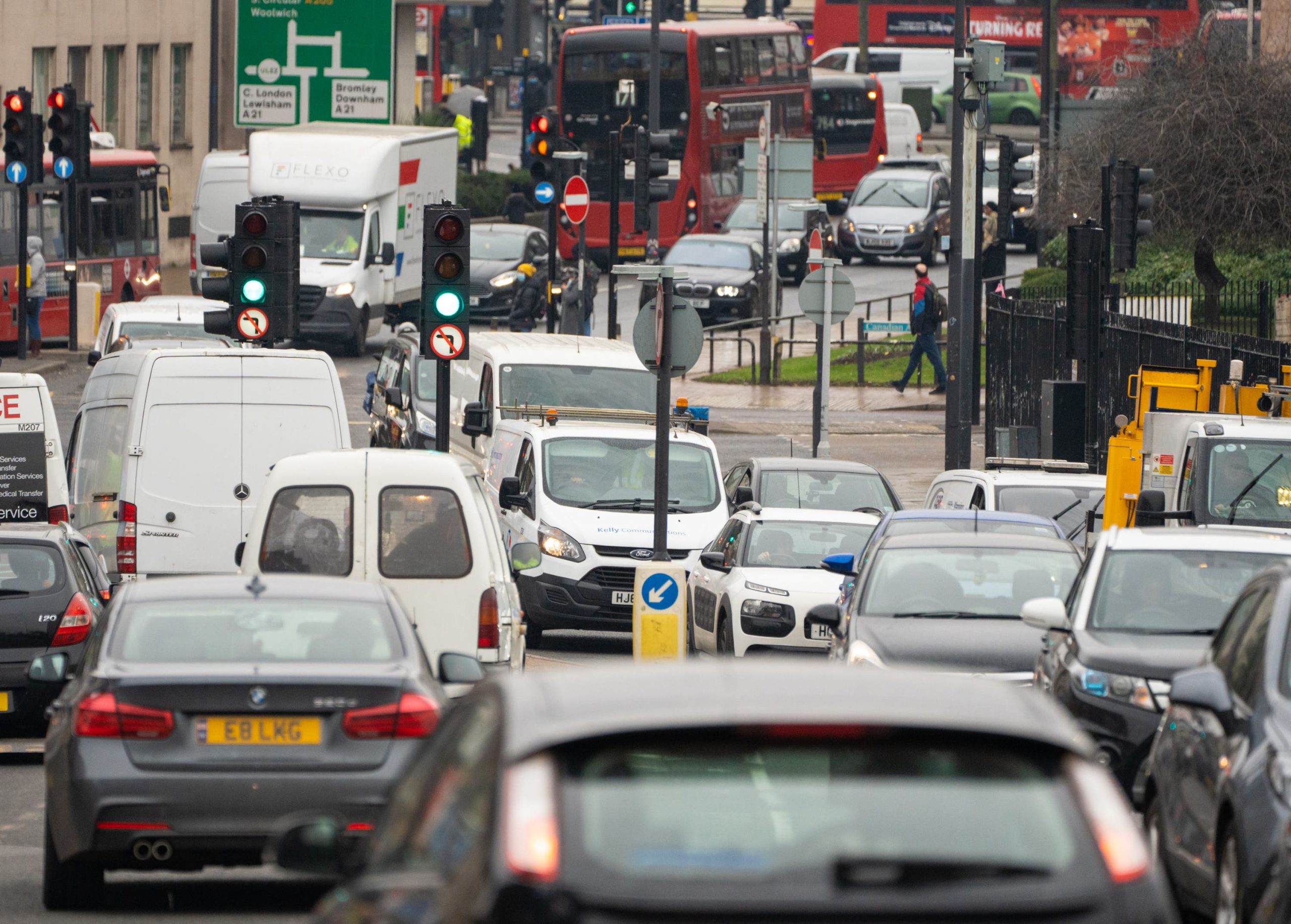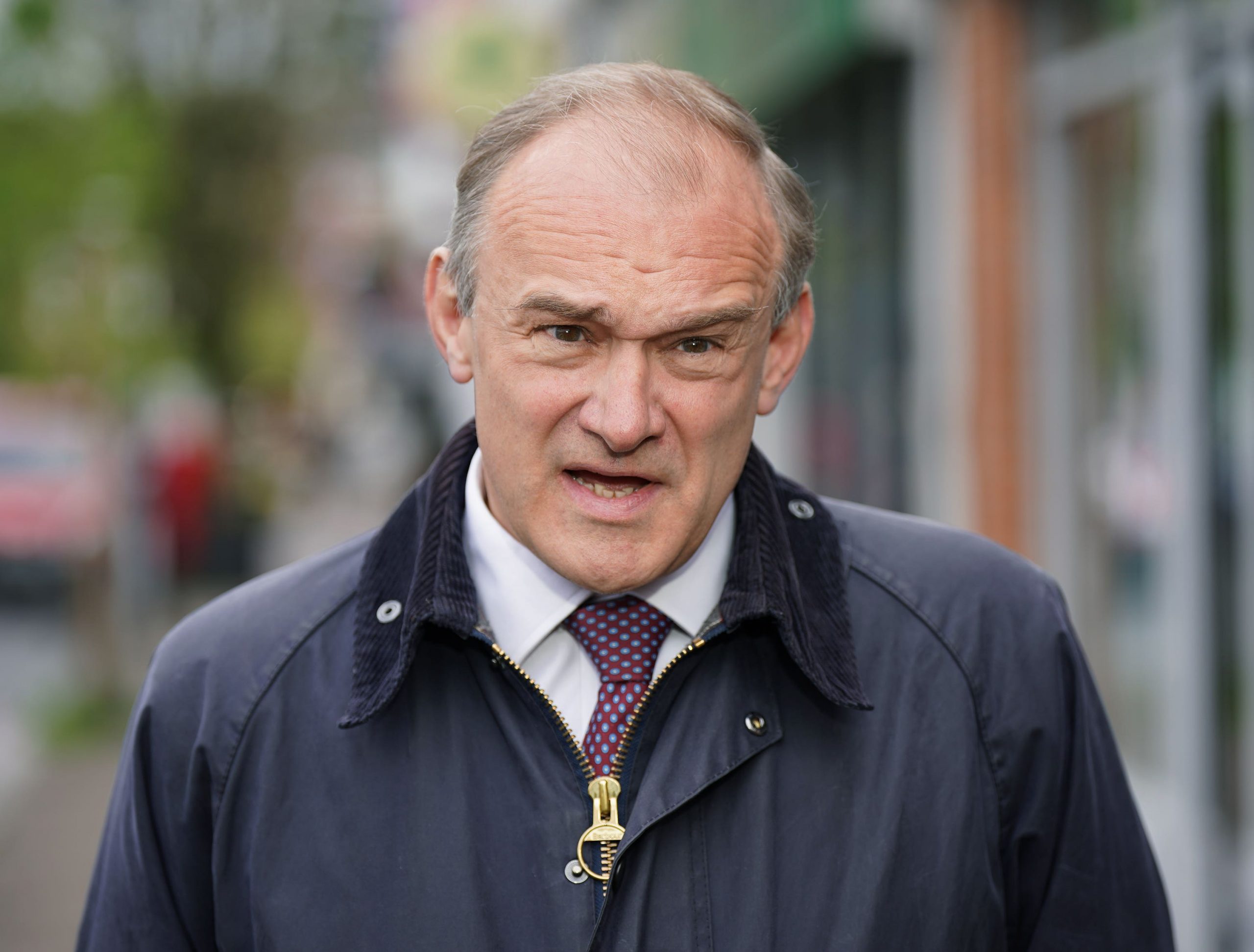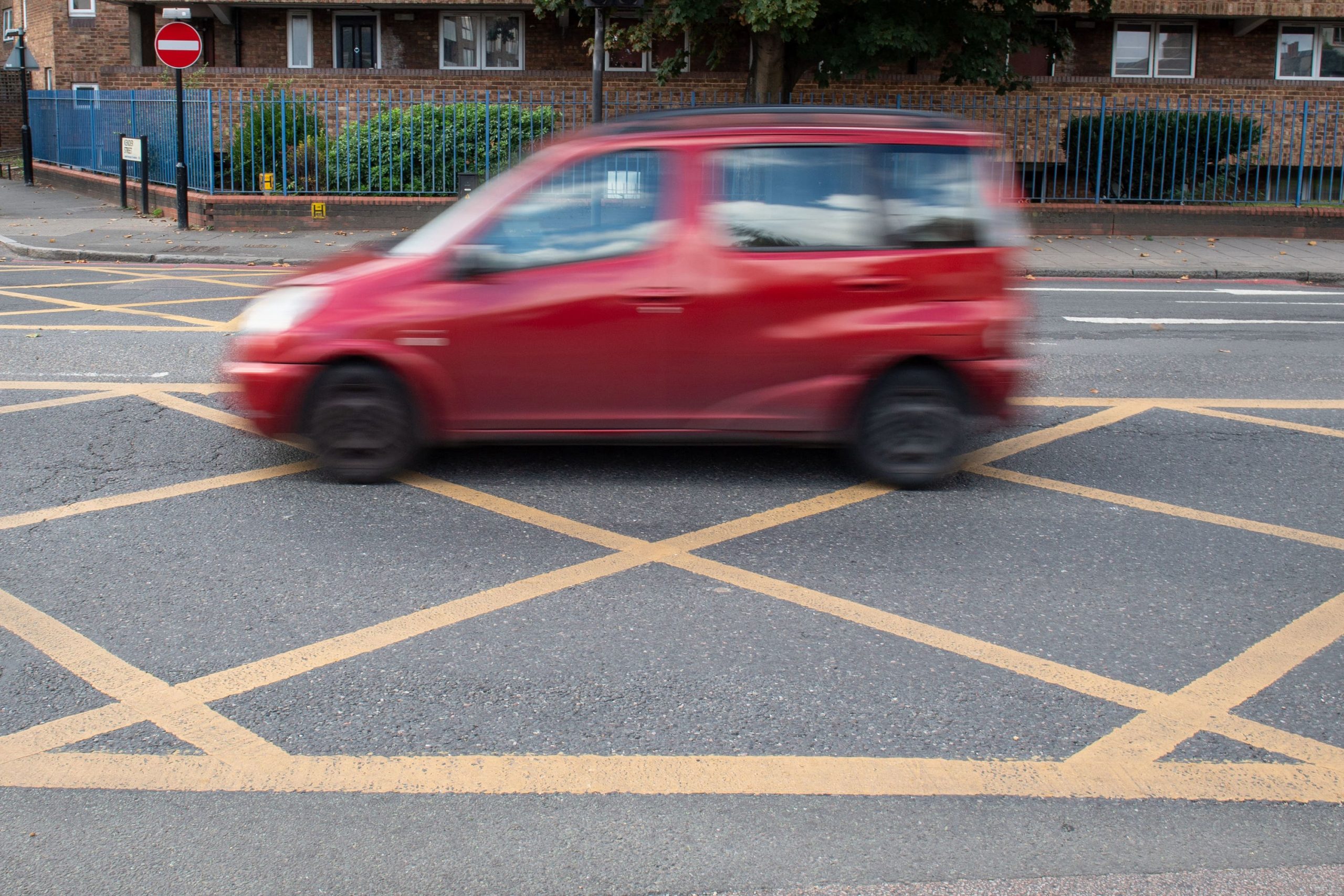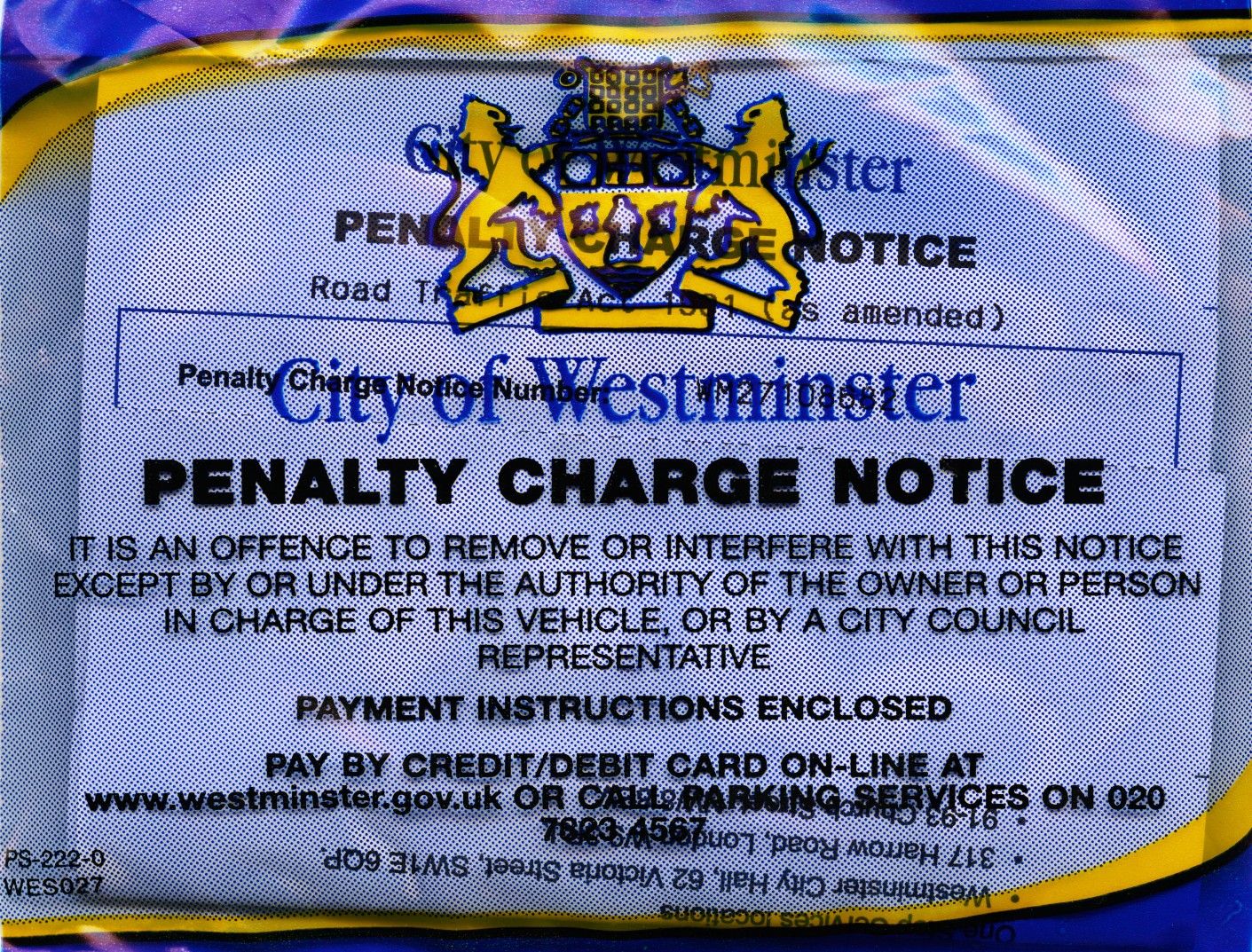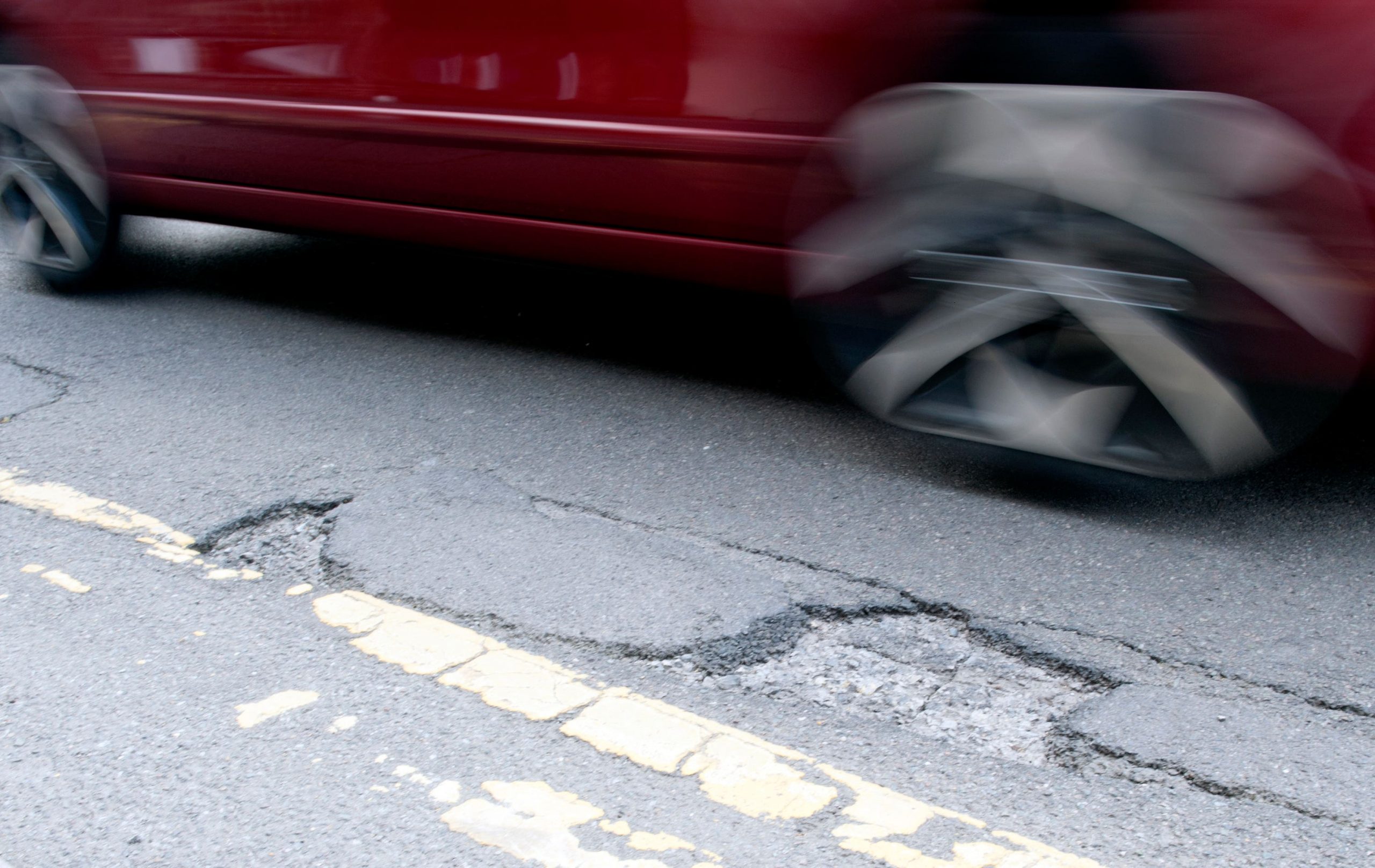Longer lorries are to be allowed on Britain’s roads to enable more goods to be carried on fewer journeys, the Department for Transport (DfT) has announced.
This is despite fears about the risks for pedestrians and cyclists, and the potential for damage to roadside infrastructure.
The vehicles have a larger tail swing – meaning their rear end covers a greater area when turning – and extended blind spots.
Lorry trailers up to 61ft (18.55m) long – some 6ft 9in (2.05m) longer than the standard size – will be permitted to be used from May 31 under legislation being laid in Parliament on Wednesday.
The DfT said the new lorries will be able to move the same volume of goods as current trailers in 8% fewer journeys, meaning they will “make the world of difference” for businesses such as bakery chain Greggs.
The policy is expected to generate £1.4 billion in economic benefits and take one standard-size trailer off the road for every 12 trips.
An 11-year trial of longer lorries has demonstrated they are safe for use on public roads, according to the DfT.
The study found they were involved in “around 61% fewer personal injury collisions than conventional lorries”, the department said.
A Government-commissioned report published in July 2021 revealed that 58 people were injured in incidents involving longer lorries between 2012 and 2020.
Roads minister Richard Holden said: “A strong, resilient supply chain is key to the Government’s efforts to grow the economy.
“That’s why we’re introducing longer semi-trailers to carry more goods in fewer journeys and ensure our shops, supermarkets and hospitals are always well stocked.
“These new vehicles will provide an almost £1.4 billion boost to the haulage industry, reduce congestion, lower emissions and enhance the safety of UK roads.”
Longer lorries will be subject to the same 44-tonne weight limit as those using standard trailers.
Operators will be legally required to ensure appropriate route plans and risk assessments are made to take the length of the lorries into account.
Greggs supply chain director Gavin Kirk said: “We welcome the introduction of longer semi-trailers (LSTs) into general use.
“Since 2013, Greggs has been operating LSTs from our national distribution centre in Newcastle.
“We were early adopters of the trial as we saw a significant efficiency benefits from the additional 15% capacity that they afforded us.”
But Norman Baker, from lobby group Campaign for Better Transport, said: “Rather than longer lorries, the Government should be working to ensure more freight is moved by rail- an efficient, safe and clean alternative with just one freight train capable of removing up to 129 lorries from our roads.”
John Thomas, director of policy at Rail Partners which represents five of the largest rail freight operating companies in Britain, said: “To decarbonise the logistics sector, longer lorries alone won’t reduce congestion on roads – government needs to set an ambitious target to treble rail freight by 2050.
“An ambitious rail freight growth target can deliver nearly £5.2bn in economic benefits every year and take 20 million HGV journeys off our roads, relieving congestion and improving air quality. One freight train can remove up to 129 HGVs.”
Steve Gooding, director of the RAC Foundation, said: “The safety record shown during the extensive trials is encouraging but one can imagine problems if these lorries leave the strategic roads and end up off the beaten track.
“Particular attention will need to be paid to diversion routes when motorways and major A roads are closed for repair, as they often are.”
Keir Gallagher, campaigns manager at Cycling UK, said the move was “alarming”.
“At a time when funding for infrastructure to keep people cycling and walking safer has been cut, it’s alarming that longer and more hazardous lorries could now be allowed to share the road with people cycling and walking,” he said.
“Before opening the floodgates to longer lorries rolling into our busy town centres and narrow rural lanes, further testing in real life scenarios should have been done to assess and address the risks.”


